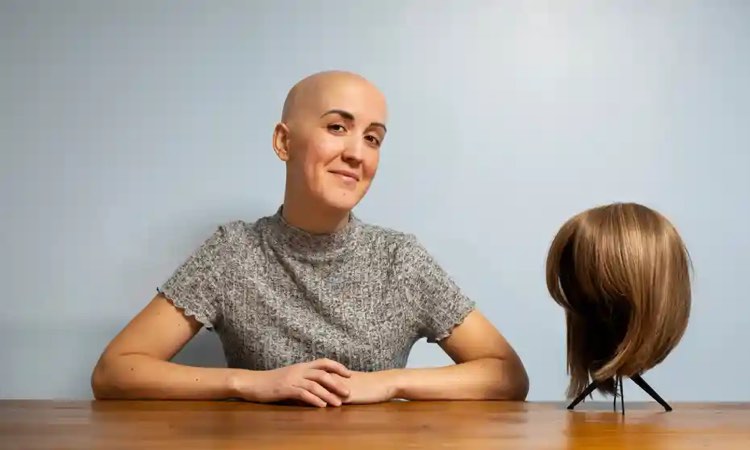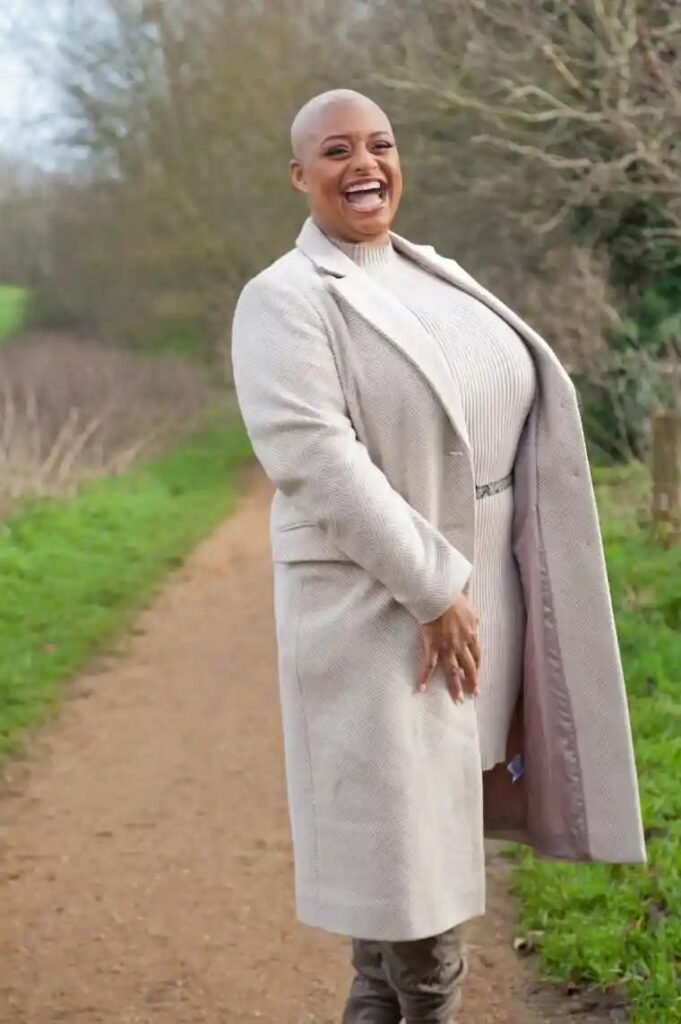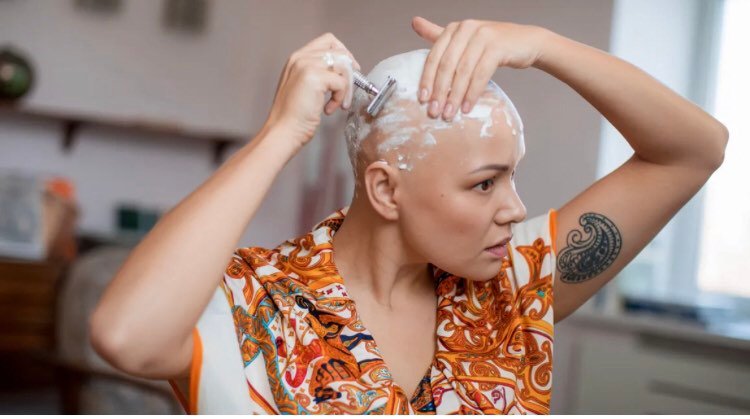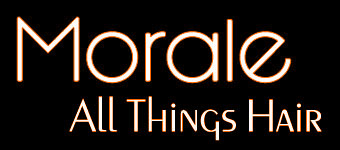Devastating Effects of Hairloss on Mental Health

When asked about mental health, 52% of women who have experienced hair loss reported feelings of depression or hopelessness. To back that up, during an interview, Jada Pinkett Smith disclosed she battled with depression and anxiety after being diagnosed with alopecia.
Hair loss is a dermatologist condition that has posed as a common enemy of both men and women over the decades. According to statistics, hair loss affects over 80 million Americans. It’s so common, in fact, that by the age of 35, two-thirds of men will experience some form of hair loss. And it’s not just men – 40% of Americans who experience hair loss are women.
According to several research, alopecia can have a devastating effects on mental health. Those who have been diagnosed with alopecia areata (the ‘mildest’ version of hair loss) can suffer from anxiety, mood and personality disorders, self-harm and suicide, as well as attention-deficit/hyperactivity disorders and other mental health conditions.
To back up the arguments that hair loss affects mental health negatively, we’ve rounded up Dr. Shani Francis interview with MNT concerning the emotional impacts of hair loss on women. Dr. Shani Francis is a fellow of the American Academy of Dermatology and director of the Hair Disorders Center of Excellence at Northshore University HealthSystem in Illinois.
“Studies on the psychosocial impact of hair loss have found patients’ self-esteem, body image and self-confidence to be negatively impacted,” Dr. Francis told MNT. “Known psychosocial complications include depression, low self-esteem, altered self-image and less frequent and enjoyable social engagement.”
“Hair loss in a woman is so emotionally devastating that it can trigger a wide range of social and emotional issues that can negatively impact healthy daily living and overall quality of life. I have heard of women that retreat from social situations, have diminished work performance, and even alter their healthy living – avoiding exercise, overeating, not treating other medical illnesses – due to their hair loss,” Dr. Francis told MNT
Dr. Francis continues,
“For a women, the hair is the crown, a symbol of beauty/pride. It is typically what a woman identifies with as being feminine or attractive to a mate. If this starts to diminish, it can be devastating to a woman’s identity and self-esteem, especially when affected at an early age. For older women, hair loss is perceived as accelerated aging and women have to deal with a sense of loss of virility and sexual attraction to their mate as well.

“Due to societal perception differences, it is much more emotional for women, as there is limited cosmetic acceptance of a bald woman and increased societal pressure on a woman to be attractive. The negative quality of life is likely worse in women.”
Dr Sarita Singh, consultant dermatologist at Chelsea and Westminster Hospital and and lead for paediatric and adult alopecia services, has conducted her own study on the relationship between stress and hair loss.
‘Severe forms of AA (totalis and universalis) are very challenging to treat and have a significant impact on quality of life,’ she tells Metro.co.uk.
‘Studies have demonstrated that AA is associated with a substantial psychological burden including depression, anxiety, adjustment disorder and social withdrawal. NICE recommends that patients with alopecia are referred for counselling and psychological support.’
She also explains that there is not much research available on the psychological impact of hair loss, but has found that her patients often ‘report a stressful life event’ before getting diagnosed, including bereavement, divorce or illness.
Dr Singh, who also works with MyHealthCare Clinic, adds: ‘It is commonly assumed that AA is caused by stress but there is little scientific evidence to support this. Further research is required to examine whether there is any causal association between stress and AA.
‘Patients suffering from AA report poor quality of life (QOL) and have a high prevalence of psychiatric disorders with up to 39% lifetime prevalence of depression and up to 62% prevalence of generalised anxiety disorder, although exact numbers differ across studies.’
Another study, conducted by Dr Singh in her clinic, demonstrated that high levels of anxiety and depression were found in 50% of patients, who scored in the range of ‘moderately depressed’ or ‘anxious’.
Many of her patients also said that having alopecia had a big effect on daily activities, work and relationships.
Should I Embrace Going Bald or Fight My Hair Loss?

One of the biggest fears when going bald is what other people will think. like “Will people make fun of me?” “Will I be attractive?” “Will people think I look weird?” etc.
According to AZhairrestoration, embrace going bald by closely cropping your hair. Shorter actually looks better when balding. In fact, shorter styles improve your hair’s sense of fullness by providing lift. Short cuts also make your bald spots less obvious. They tell others that you embrace your baldness and choose to rock it, instead of hiding it. Of course, the ultimate step to embracing your changing hairline is to shave your head.
In the case of men going through hair loss, once you shave your head, you can also choose to grow facial hair to offset your hair loss. This growth can balance your features and adds boldness to your look.
Steps to embrace your baldness include:
- Acknowledge your hair loss
- Accept the changes and your feelings
- Work to reduce your self-consciousness
- Learn to enjoy being bald
- Stop trying to hide your thinning hair
- Closely crop your hair
- Shave your head
- Grow facial hair
Fight Your Hair Loss
If, instead of choosing to embrace going bald, you want to fight your hair loss, you have multiple options for doing so. Some of the latest methods include:
- Follicular unit extraction (FUE)
- Hair restoration
- Hair transplant
- Multiple follicular unit (MFU)
- Strip hair transplant (FUT)
Hair restoration methods are much-improved over the past decades. These methods above are among the most aggressive ways to fight hair loss. They also give you great odds against your thinning hair. With hair transplant, FUT, FUE and MFU, you have the chance to restore your more youthful hairline at almost any age.
Please follow us on Instagram

Comments
No comment yet.